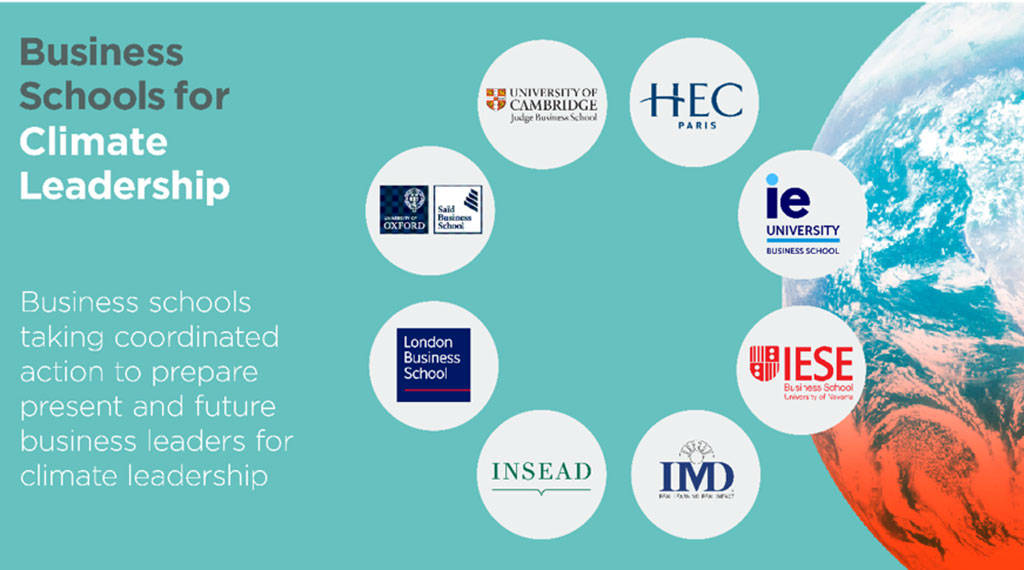Stories
Standards, transparency are essential to a sound energy transition
Experts at IESE's 8th Energy Prospectives event discussed a sector in turmoil
Speakers at the event tackled pressing issues including the UK gas shortage.
October 27, 2021

International headlines in the leadup to the 26th UN Climate Change Conference of the Parties (COP26) in Scotland have been full of reports of skyrocketing energy prices across Europe and a gas crisis in Britain. With the sector again in turmoil, guest speakers at IESE’s 8th Energy Prospectives meeting yesterday had much to discuss regarding economic, technological and political matters of the transition to renewable energy sourcing.
By the end of the event, which was organized by IESE and the Naturgy Foundation and took place at IESE Madrid, it was clear that the challenges ahead are of a massive scope rarely seen in human history.
Taking Flight
“Meeting this challenge is like reengineering an airplane while it’s flying,” said Martin Wolf, associate editor and chief economic commentator at the Financial Times. “Energy is the foundation of our economic system. And it is overwhelmingly provided by fossil fuels. It can be safely said that if the reengineering of our energy system led to even one week of instability, governments would fall.”
Wolf defined the chief two risks of the transition as the fact that the “new” system doesn’t yet exist in full or close to it and that reliance on fossil fuels, at stable prices, will persist as that new system takes shape. “Keeping the plane flying means that as we transition to the new system things must be stable and the old system must be operating continuously,” he said. “If we don’t do that, the politics will blow out to kingdom come.”
Despite the daunting road ahead, wisdom gained and technological advancements made over recent years have clarified how the industry going forward might smooth the transition.
Winners, Losers and Refereeing
In terms of incentives, for instance, “We know the best instrument to be used is taxation,” said Pablo Hernández de Cos, the governor of the Bank of Spain. “It’s the best way to internalize externality. But the crucial thing is that we need to understand there will be losers in this transition and that we might need to compensate them.”
There will also be businesses and sectors looking to unscrupulously game the transition. “My view, as a cynic, is that profit-seeking entrepreneurs will go as far as they can to rebrand existing activities as green,” Wolf said.
To curtail this sort of green-washing, the panelists agreed that transparent standards and measurements must be established, although that will be a tall order given the uncertainty surrounding the transition.
“The intrinsic difficulty comes not from the standards themselves, but from the fact that it’s very difficult to predict the probability of default between different sectors, for instance,” said de Cos. “This is why central banks supervise us when it comes to stress tests. Of course, there will be a learning process.”
Beyond measurement lies the unprecedented nature of the energy paradigm shift.
“Modeling these impacts hasn’t been done before, and they are really uncertain,” said Wolf. “We don’t really know what a world that’s three degrees warmer will look like.”
International Commitments
With COP26 set to begin this weekend, what sort of international steps can be taken to bring all of this into focus and take appropriate action?
Wolf shared his three main hopes for what could come out of the event.
“First, we need commitments for 2030,” he said. “That’s really relevant for businesses. Commitments for 2050 are somewhat remote. Secondly, there’s a tremendous amount we can do in terms of cutting emissions by limiting methane, which is vastly more damaging than CO2. Thirdly, it’s now believed that thanks to technology the prospects of accelerated decarbonization in historically hard-to-abate sectors is accelerating quickly, and that must be taken advantage of.”
International commitments of the type forged at climate summits in general are essential to forging a unified response to the trouble we find ourselves in. And that trouble cannot be overstated. “This is incomparably the biggest technological, economic and political challenge that human beings have ever tried to tackle,” Wolf said.
“We’re redesigning the basis of our civilization.”


